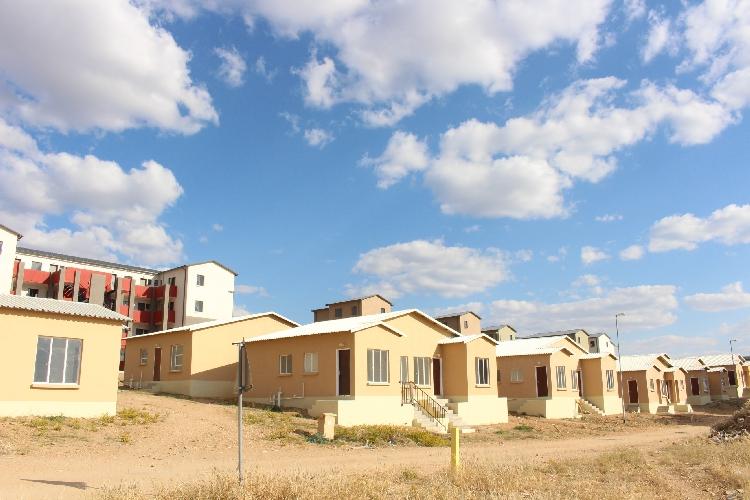Africa-Press – Namibia. THE Supreme Court has given two Windhoek home owners a fresh chance to keep their house, which was due to be sold by a bank they owed money.
The court has found, in an appeal judgement delivered last week, that a High Court judge who granted a judgement against home owners Niklaas Kisilipile and Lydia Katjiuongua in April 2019 failed to consider less drastic measures before he also declared that their house in Windhoek could be sold to recover money they owed to First National Bank of Namibia.
In terms of the High Court’s rule 108, when a house is the primary residence of its owners or people renting it a court must consider measures that are less drastic than allowing the house to be sold because of the property owners’ debts, deputy chief justice Petrus Damaseb noted in the court’s judgement.
If borrowers do not have legal representation, the court should inform them of the protection granted to them under rule 108, and they should be invited to present alternatives that the court should consider to avoid allowing a house, which is a primary residence, to be sold in execution, Damaseb remarked.
“Judicial oversight exists to ensure that debtors are not made homeless unnecessarily and that the sale in execution of a primary home is a last resort,” he added.
Damaseb also said, though, that alternatives presented to a court by borrowers must be viable and should not amount to defeating the commercial interest of a lender “by in effect amounting to non-payment and stringing the creditor along until someday the debtor has the means to pay the debt”.
A court should also consider the payment history of the person indebted to a lender, Damaseb stated: “Greater latitude should be given to the debtor who has a reasonably good payment history; the extent of the balance outstanding; and the age of the debtor – which is an important factor whether or not the debtor will be able to secure another loan to buy a home.”
The remarks were made in a judgement in which the Supreme Court set aside the High Court’s order that declared the house owned by Kisilipile and Katjiuongua could be sold after they had failed to keep up their payments on a home loan which FNB had granted to them.
Kisilipile and Katjiuongua were not represented by a lawyer during the legal proceedings in which FNB asked the High Court to grant a summary judgement for payment in an amount of about N$1,6 million against them and declare their property executable.
During the proceedings, the couple was present in court and informed the judge they had tried to negotiate with the bank, but to no avail, Damaseb recounted. They also said they were experiencing financial problems because of the difficult economic situation and asked to be given enough time to pay the arrears on their loan with the bank.
The couple tried to lodge an appeal after the judgement was given against them in the High Court, and then received assistance from the Directorate of Legal Aid, which instructed the law firm Nixon Marcus Public Law Office to represent them.
However, with the appeal filed late there were “flagrant and gross” breaches of the Supreme Court’s rules, Damaseb noted. He said although no satisfactory explanation for the delay in pursuing the appeal was given, the High Court’s failure to conduct an enquiry in terms of rule 108 was sufficient cause for the Supreme Court to excuse the non-compliance with its rules and come to Kisilipile’s assistance.
With the hearing of the appeal in June this year, their lawyer, Rachel Mondo, informed the court that another bank had in the meantime agreed to give a loan to Katjiuongua and take over FNB’s mortgage bond over her and Kisilipile’s house.
Such an arrangement was the only viable alternative which could have avoided an order declaring that the couple’s house could be sold, Damaseb remarked.
Appeal judges Sylvester Mainga and Elton Hoff agreed with Damaseb’s judgement.






